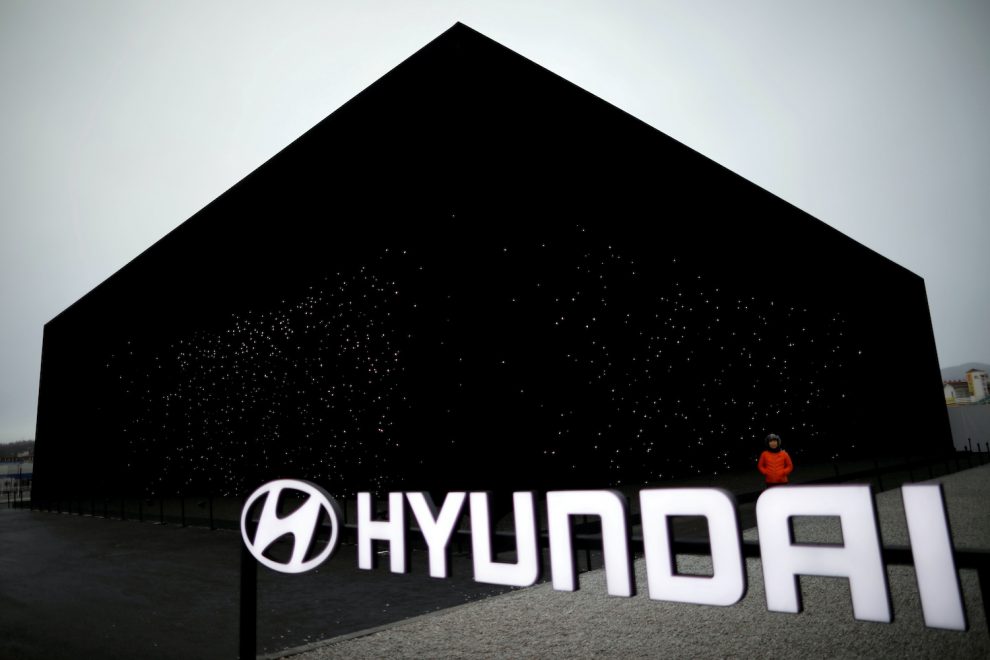A strike in South Korea by truck drivers has disrupted production at Hyundai Motor‘s biggest factory and halved output, a union official said on Friday.
The strike by 8,100 members, or more than 36%, of the Cargo Truckers Solidarity union entered its fourth day to protest against surging petrol prices, slowing activity at ports and posing new risks to a strained global supply chain.
On Friday, about 1,000 truck drivers began a strike in front of Hyundai’s factory in Ulsan, south of the country, disrupting supplies of essential components.
The plants, which had been running at almost full capacity before the strike began this week, operated at about 50-60% of optimum output on Thursday, the union official said.
Hyundai said there was disruption caused by the strike but declined to provide details.
Production Disrupted at Hyundai
“There are some disruptions in our production due to the truckers’ strike, and we hope production will be normalised as soon as possible,” the company said.
About 30 striking drivers have been taken into custody since the start of the walkout for allegedly obstructing the business of non-striking trucks, police told The Korea Times on Friday.
South Korean President Yoon Seok-yeol on Thursday warned strikers not to use violence and said the government is trying to resolve the situation through dialogue.
A South Korean automotive industry group called the strike “extremely selfish”, saying it would further pressure the sector, which has been hurt by the global chip shortage.
Last week, Hyundai announced its May 2022 global car sales of 324,039 units, a 4.6% increase from the previous month and a 0.5% decrease year-on-year.
Sales in South Korea rose 2.1% year-on-year to 63,373 units, driven by demand for SUV models and the Genesis luxury brand.
In markets outside South Korea, Hyundai sold a total of 260,666 units, a 1.1% year-on-year decrease.
“Despite global logistic issues and the lockdown of several cities in China due to the ongoing pandemic, the sales of global markets have recovered steadily,” the company said.
- Reuters, with additional editing by George Russell
READ MORE:
Exploding Part Prompts Recall of 281,000 Hyundai Vehicles
Hyundai to Invest $5.4 Billion in New Georgia EV Plant
Hyundai Motor to Start EV Production at US Alabama Plant






















